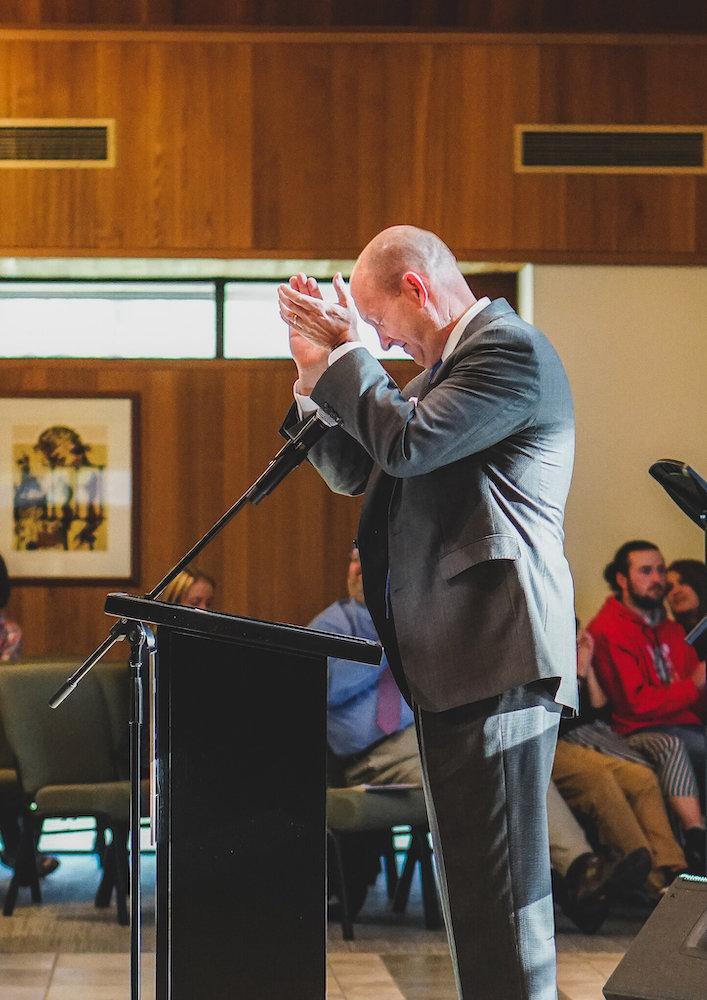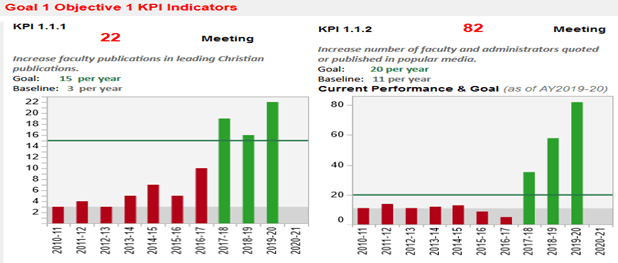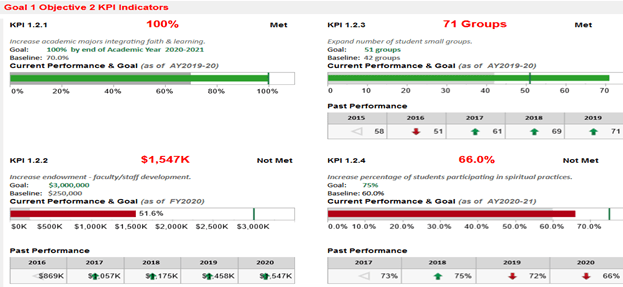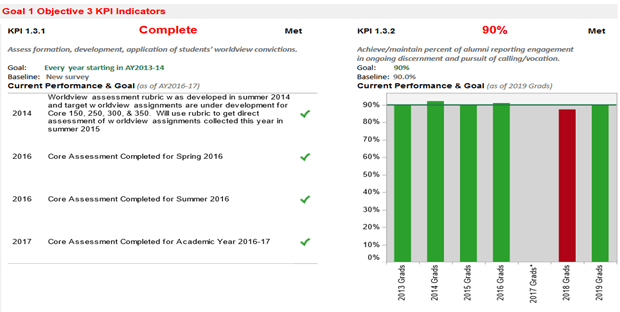
Editorial board note:
“As Whitworth 2021, a visionary plan launched by the university in 2011, comes to a close this year, The Whitworthian is looking at the plan’s eight goals. Through a variety of articles in the arts and culture, news and opinions sections, The Whitworthian team will be unpacking a view of what Whitworth 2021 set out to accomplish and which of those criterion were met.”
Goal One’s premise is to “Advance Whitworth’s distinctive approach to integrating Christian faith and learning.”
Which, when I read it, seems to say: Make Whitworth more Christian.
Forrest Buckner, Storm Family Dean of Spiritual Life and campus pastor, helped evaluate the effectiveness of this goal, saying “Goal one is goal one for a reason. This commitment to a mind and heart education is central to who we are.”
Whitworth’s professors are required to be Christians of some sort. However, the student body is in no way composed of only Christians – which leads to my concern with this goal: how is this going to affect the non-Christian population?
This goal consists of three main objectives. Each objective had Key Performance Indicators (KPI) with specific barometers to measure whether the objectives have been achieved. But is Christianity really something we can measure? Or, by looking at it through a numerical lens, are we simply graduating people who are more educated about Christianity instead of producing better Christians?
The first objective was to increase Whitworth’s Christian dialogue about important issues in the community.
The institution would determine if this goal was met based on whether faculty publications in leading Christian publications had increased to fifteen per year and whether the number of faculty and administrators quoted or published in popular media hit at least twenty times per year. Both KPI were achieved.

Secondly, they wanted to increase integration of faith and learning.
Gregor Thuswaldner, Provost and Executive Vice President, said, “This idea is really about professors trying to find authentic ways how to bring the subject matter together in the classroom and to challenge students.”
There were four KPIs for this goal: 1) to increase the academic majors that were integrating faith and learning to 100%, 2) to expand the number of student small groups to at least fifty-one, 3) to increase the endowment for faculty and staff development to $3K and 4) to increase student participation in spiritual practices to 75%.
The first and last KPIs worried me. The first one ensures that no matter what major a student goes into, they will have to learn about faith—specifically Christian faith. Whitworth is a Christian college, but is this what students are expecting from their education here? And what about the last KPI? Is it really a good idea to measure whether students participate in “spiritual practices?”

The third objective was to increase connections that students made between their worldview convictions, studies and vocational discernment.
The two KPI were to assess the formation, development and application of students’ worldview convictions (i.e., the Core assessments were completed every year) and to increase the percentage of alumni continuing in discernment and pursuit of their callings and vocations to 90%. Both were achieved.

The main concern that I have regarding Goal One, which at first seems to solely be concerned about improving the level of Christianity of Whitworth, is how the goal would affect the non-Christian population at Whitworth.
Thuswaldner said, “We don’t want to indoctrinate [students…but we do] want it to be the best Christian college for non-Christian students.”
However, the fact that some of these goals specifically are trying to increase the number of majors that integrate faith and learning and to assess the formation and development of student’s worldview convictions seems to indicate that non-Christians are getting a very high amount of Christian-focused worldview pumped into their brain.
The non-Christian students of Whitworth probably know to a certain extent what they’re going to encounter here and, as Buckner says, “We are very open about being a Christian institution.”
I wonder, though, is this really what all those students signed up for?













 Spokane?
Spokane?